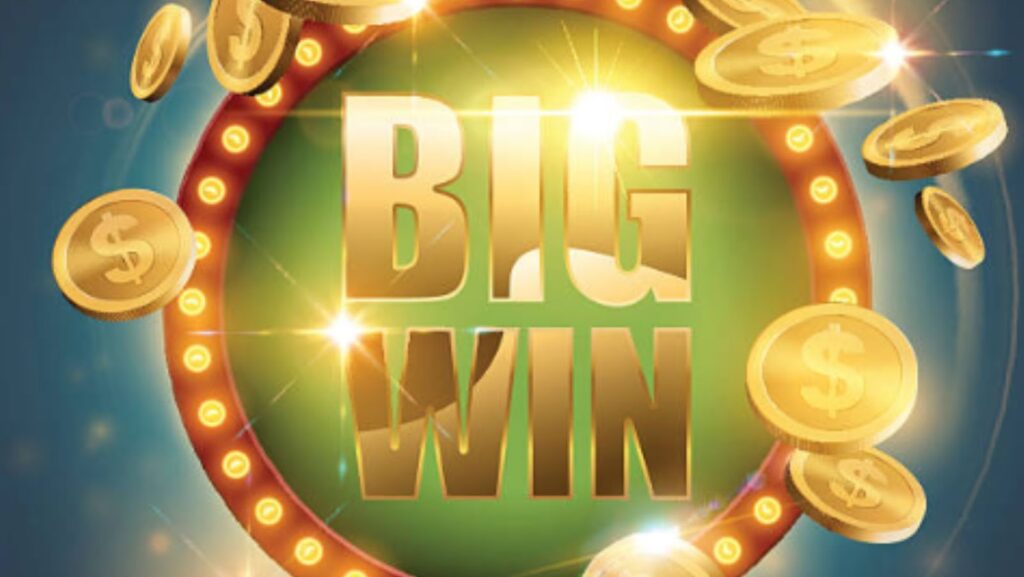Online gambling has undergone a significant transformation over the past few decades, with technological advancements leading to the development of increasingly sophisticated and engaging slot games. Among the various trends in this space, the rise of branded slot games has been particularly noteworthy. These games leverage popular intellectual properties (IPs) from movies, TV shows, video games, and even celebrities, creating a unique and immersive experience for players. Central to the success of branded slot games is the role of licensing, which allows game developers to legally use these well-known brands and characters. This article delves into the intricate dynamics of licensing in branded slot games and its impact on the gaming industry.
Understanding Licensing in Slot Games
Licensing is a legal arrangement where the owner of an intellectual property grants permission to another party to use the IP under specified conditions. In the context of branded slot gacor hari ini games, licensing agreements are established between the owners of popular brands (such as film studios, television networks, or celebrities) and slot game developers. These agreements outline the terms and conditions under which the slot game developers can use the licensed content, which often includes characters, logos, themes, and other distinctive elements associated with the brand.
The Appeal of Branded Slot Games
The allure of branded slot games lies in their ability to draw in players who are fans of the original IP. For instance, a slot game based on a blockbuster movie franchise like Jurassic Park or Game of Thrones can attract a dedicated fan base eager to engage with the content in a new and exciting way. This pre-existing familiarity and emotional connection to the brand can significantly enhance player engagement and loyalty, leading to higher revenue for the licensors and the game developers.
The Licensing Process
Securing a licensing agreement for a branded slot game is a complex process that involves several steps. First, the game developer must identify a brand that aligns with their target audience and gaming style. Once a suitable brand is identified, the developer negotiates with the IP owner to obtain the necessary rights. These negotiations can be lengthy and detailed, covering aspects such as the scope of the license, financial terms (including upfront fees and royalties), duration of the license, and specific usage rights.
Benefits of Licensing for Game Developers
Licensing offers several benefits to slot gacor online game developers, making it an attractive strategy in a competitive market. One primary advantage is the ability to leverage the popularity and recognition of established brands to attract players. Branded slot games often enjoy a higher initial interest and can achieve greater visibility in the crowded online gambling landscape.
Additionally, licensing can provide game developers with a wealth of creative content to draw from, enabling them to create more immersive and engaging games. Using familiar characters, settings, and themes can enhance the gaming experience, making it more enjoyable for players and encouraging longer play sessions.
Benefits of Licensing for IP Owners
For IP owners, licensing their brands to slot game developers can be a lucrative revenue stream. Licensing agreements typically include upfront fees and ongoing royalties based on the performance of the branded slot game. This provides a steady income source without requiring the IP owner to invest in game development themselves.
Challenges and Considerations in Licensing
While licensing offers numerous benefits, it also presents challenges and considerations for game developers and IP owners. One of the primary challenges is ensuring that the branded judi slot game accurately represents and respects the original IP. This requires careful collaboration between the game developer and the IP owner to maintain the integrity and authenticity of the brand.
Additionally, licensing agreements can be complex and costly, with significant financial commitments required upfront. Game developers must carefully assess the potential return on investment and consider the competitive landscape to ensure that the branded slot game will be commercially viable.
Conclusion
Licensing plays a crucial role in the development and success of branded slot games, enabling game developers to leverage the popularity and recognition of established brands to attract and engage players. By securing licensing agreements, game developers can create immersive and authentic gaming experiences that resonate with fans of the original IP. At the same time, IP owners benefit from new revenue streams and increased brand visibility. Despite the challenges and complexities involved, the strategic use of licensing in branded slot games has proven to be a highly effective approach in the competitive online gambling world.


More Stories
Smart Investment Strategies: Building Wealth the Right Way
How Trump’s Tariffs Have Knocked the Gambling Industry
The IT Efficiency Revolution: How Strategic Technology Management Creates Business Value